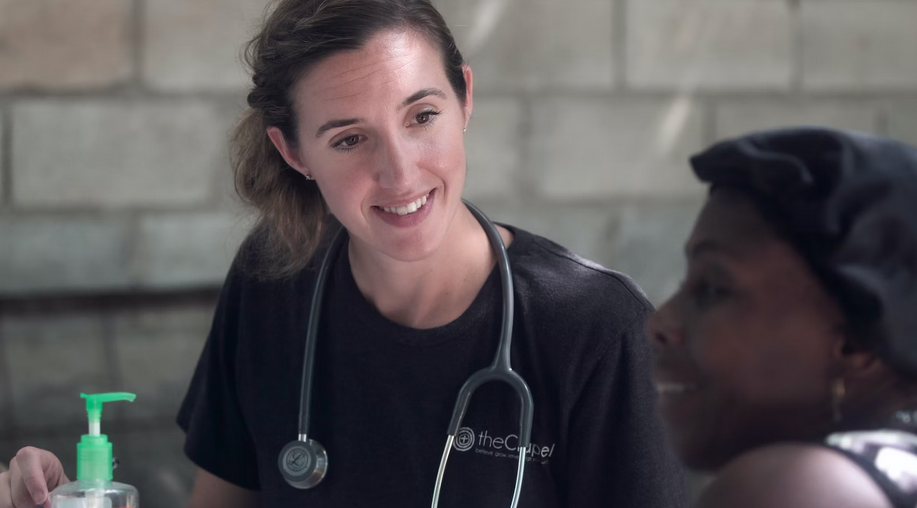The Path to Becoming a Registered Nurse: A Guide to Nursing Degree Programs
Becoming a registered nurse (RN) is not just a career choice; it’s a calling to serve, care, and make a meaningful impact on people’s lives. If you’re considering a career in nursing, you’re embarking on a journey filled with opportunities, challenges, and rewards. Central to this path is the pursuit of a nursing degree, which equips you with the knowledge and skills needed to excel in this noble profession. So if this applies to you, here are some good RN to BSN options to consider.
Licensed Practical Nurse (LPN) Program
If you’re eager to start your nursing career quickly, an LPN program is an excellent choice. LPN programs typically last about 12-18 months and cover the fundamentals of nursing, including patient care, medication administration, and basic medical procedures. After completing the program and passing the NCLEX-PN exam, you become a licensed practical nurse. While LPNs have limited responsibilities compared to registered nurses, it’s an excellent entry point into the nursing field and can serve as a stepping stone towards becoming an RN.
Associate Degree in Nursing (ADN)

An Associate Degree in Nursing (ADN) is another popular option for aspiring nurses. This program usually takes 2-3 years to complete and provides a more comprehensive education in nursing, including coursework in anatomy, physiology, pharmacology, and patient care. After graduation, you must pass the NCLEX-RN exam to become a registered nurse. ADN programs are readily available at community colleges and can be a cost-effective way to start your career as an RN.
Bachelor of Science in Nursing (BSN)
A Bachelor of Science in Nursing (BSN) is a four-year degree program that offers an in-depth education in nursing along with a broader curriculum, including courses in psychology, leadership, and public health. Many hospitals and healthcare facilities prefer hiring BSN-prepared nurses due to their comprehensive training and critical thinking skills. Additionally, many graduate programs require a BSN as a prerequisite for further specialization in nursing.
Master of Science in Nursing (MSN)
A Master of Science in Nursing (MSN) is a graduate degree that allows registered nurses to specialize in a specific area of nursing, such as nurse practitioner, nurse anesthetist, or clinical nurse specialist. The program typically takes 2-3 years to complete and requires a BSN as a prerequisite. MSN-prepared nurses have a higher level of autonomy and can provide advanced care to patients. They also have the opportunity for leadership roles in healthcare organizations.
Doctor of Nursing Practice (DNP)

A Doctor of Nursing Practice (DNP) is the highest level of education in nursing and focuses on advanced practice, research, and leadership. This program typically takes 3-4 years to complete and is designed for nurses who want to pursue leadership roles or become expert clinicians in specialized areas. DNP-prepared nurses can also conduct research and contribute to advancing nursing practice.
Education and Career Advancement Opportunities
Once you become a registered nurse, the learning doesn’t stop there. Many healthcare organizations offer continuing education opportunities for nurses to keep up-to-date with the latest advancements in healthcare and nursing practice. Additionally, as you gain experience and further your education, there are opportunities for career advancement, such as moving into management or pursuing a doctoral degree.
The path to becoming a registered nurse is a rewarding and fulfilling journey. By selecting the right nursing degree program, passing the licensing exam, and continuously expanding your knowledge and skills, you can embark on a lifelong career dedicated to patient care, healing, and making a difference in the lives of those you serve. Also, remember that being a registered nurse is not just a job; it’s a privilege and an honor to be part of such a valued and essential profession.



